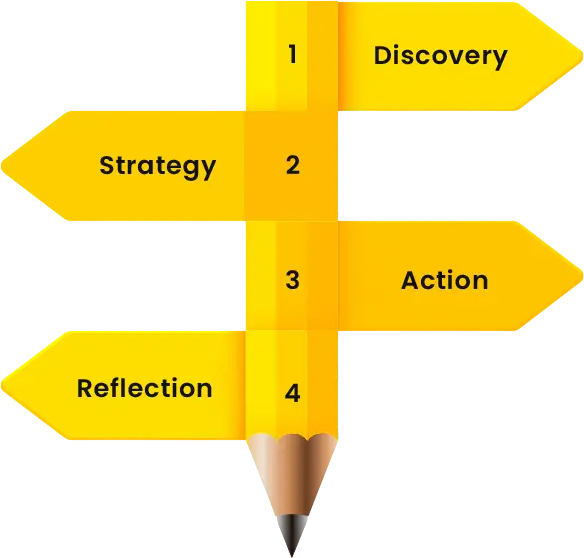People often develop negative thoughts and limiting beliefs because they think they can’t handle what they want to do. They might be afraid of certain things or believe they cannot reach the goals they wish to attain. Whatever the case, you don’t have to let these beliefs limit your potential. Challenging your negative thoughts is essential to your success.
You can use various strategies to challenge those negative thoughts and keep them under control. By understanding these beliefs and finding ways to change them, you’ll find the self transformation process is easier to handle than you might expect.

You can start challenging those thoughts by considering why those core beliefs began. Many of these thoughts arise because your brain wants to keep you from feeling harm or worry later. Sometimes, these thoughts come from a negative experience, and you want to avoid that problem again.
Look at why those beliefs started, and think about how the origins of those beliefs came about. You might find that some of the causes are irrational and that there’s no need to worry about all those things you’re experiencing in your mind. Sometimes those thoughts might have come about based on prior beliefs you hold.
An example of how you can transform your thinking involves how you’re reviewing your past. You might have started thinking about something when you were younger because you didn’t fully understand a situation. But as you age, you begin to notice how important something might be or that there’s nothing to worry about. You can adjust your thoughts and improve how well you’re planning them when you look at the causes of whatever you’re coming across.
Sometimes, unhelpful thoughts are illogical and can’t be backed by evidence. Look at your negative thoughts and think about the evidence you have to support them. Is that evidence legitimate, or are you trying to stretch things out? Your thoughts might not be as rational as you might assume.
In this case, you can consider how you think you’re more of a follower than a leader. You could examine the evidence and see how you have led workers in the past or captained various projects. You can see that maybe you have more experience as a leader than you realize, thus breaking apart that unhelpful thought.
The negative thoughts you have don’t have to be the final thoughts you consider each day. You can reframe those things by looking at more positive concepts. There may be a bright side to those negative things, so exposing that optimism can be helpful for your success.
For instance, you might think that you are too old to apply for a particular job or opening. But you can reframe that feeling and see how older people are just as capable of professional success or development as younger ones. You could even look at some examples you know of where older persons become successful. You’re taking that original negative thought and turning it into something optimistic.
By reframing the problem, you are no longer thinking that you can’t be a leader. You are instead feeling that you have experience and you understand what to do when leading people.
The following strategy for changing your thoughts is considering the best-case scenario when handling something. Instead of dwelling upon what might go wrong, you can explore the feelings you’ll have when you complete something. You might find that your financial situation will improve, or your relationships with your workers and colleagues will become stronger. You may also find some relief in your daily life when you leave your comfort zone and start doing something new.
By creating a more positive and confident look at what can happen, you can overcome limiting beliefs. You’ll be more likely to make moves and plan thought patterns that are more reasonable while getting you near your goals. You can also replace the negative thoughts with ones that encourage you and help you move forward.
The belief systems we hold often hold us back, but those issues can be short term ones when you reframe and challenge your beliefs. Challenging negative thoughts is critical to your long term success, as you’ll get away from the common limiting beliefs you hold while moving closer to your goals.
You can develop a positive mindset when you think about how your thoughts are changing and how you can adapt to different situations. Be prepared to look carefully at your thoughts while finding ways to fix the problems you hold.

Colloboration Inquiries:
What’s The Fear LLC is an active member of the community and wants to help promote and participate in impactful projects.
Client Support:
What’s The Fear LLC is dedicated to responding to your questions, concerns and feedback in a timely manner.
Copyright © 2024 WhatsTheFear LLC | Unlimited Personal Growth
[…] at your positive and negative thoughts and see if you can spot any patterns. You can arrange these beliefs into categories […]